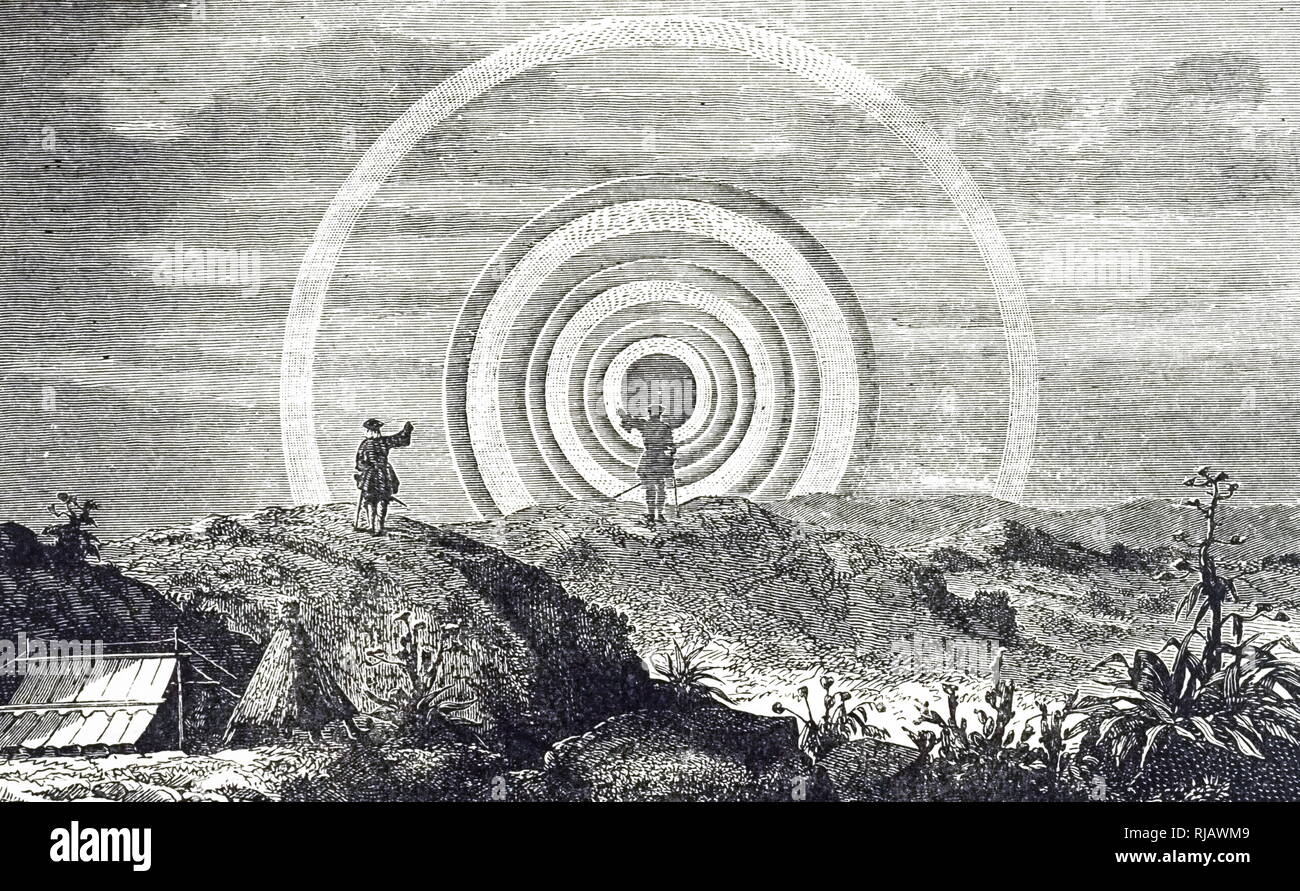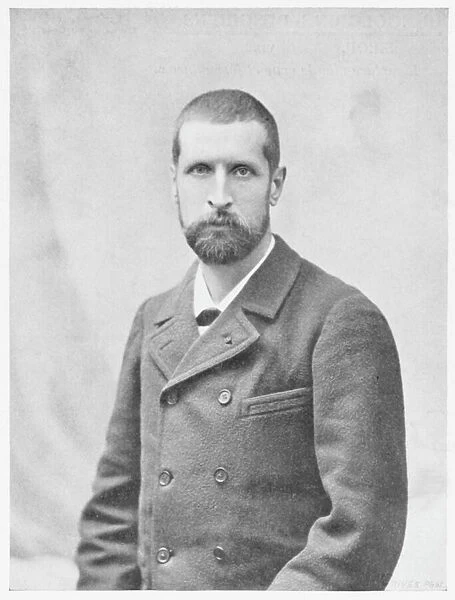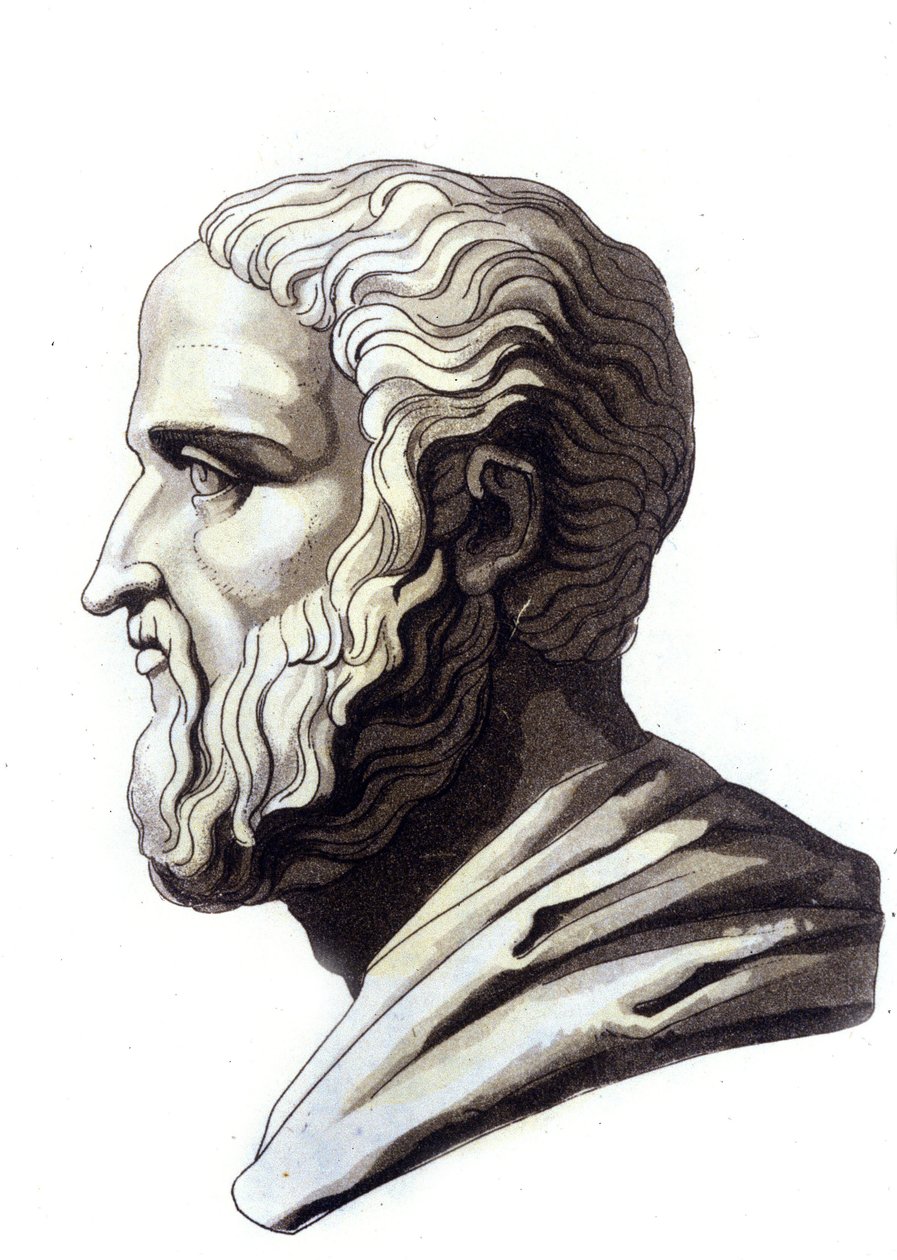Taras Kulakov: A Rising Star in the World of Art and Innovation
Early Life and Background
Taras Kulakov is a name that has recently gained recognition in various artistic and innovative circles. Born in Ukraine, he demonstrated an early fascination with creativity, technology, and problem-solving. From a young age, Kulakov displayed an innate curiosity that set him apart from his peers, often spending hours sketching, building, or experimenting with new ideas. His family played a crucial role in nurturing his talents, encouraging him to explore different fields, from visual arts to computer programming.
Growing up in a rapidly evolving digital era, Kulakov recognized the potential of merging traditional art with modern technology. His passion for both disciplines would later define his career, allowing him to carve a unique niche in the intersection of creativity and innovation. Whether through digital illustrations, interactive installations, or thought-provoking conceptual projects, he consistently pushed boundaries and challenged conventional norms.
Education and Formative Influences
Kulakov’s academic journey reflects his diverse interests. He pursued formal education in both fine arts and technology, balancing the structured thinking of engineering with the boundless imagination of artistic expression. He attended prestigious institutions where he soaked up knowledge from mentors who shaped his perspective. While some artists focus solely on aesthetics, Kulakov always sought to embed deeper meaning and functionality into his work.
His exposure to global art movements, from surrealism to digital futurism, influenced his aesthetic sensibilities. At the same time, his studies in computer science equipped him with the technical skills to bring his visions to life. This duality became a hallmark of his approach—blending the abstract with the practical, the artistic with the analytical.
Breaking Into the Art World
Kulakov’s early career was marked by experimentation. He didn’t confine himself to a single medium but instead explored a range of formats, from digital paintings to immersive virtual reality experiences. His work began gaining attention in online art communities, where his distinctive style—often characterized by bold colors, intricate details, and futuristic themes—resonated with a growing audience.
One of his breakthrough projects was a series of digital portraits that combined hyper-realistic elements with surreal, dreamlike backgrounds. These pieces explored themes of identity, technology, and human connection, sparking conversations about the role of digital art in contemporary culture. Critics praised his ability to evoke emotion while maintaining technical precision, a balance that few artists achieve.
Pioneering Digital and Interactive Art
As Kulakov’s reputation grew, he ventured into interactive and generative art—a field where the audience becomes an active participant in the creative process. He developed installations that responded to viewers’ movements, sounds, or even biometric data, creating dynamic experiences that blurred the line between creator and spectator. These projects underscored his belief that art should not be static but rather a living, evolving entity.
Collaborations with technologists, musicians, and other artists further expanded his horizons. He worked on multimedia performances where visuals synchronized with live music, creating multisensory spectacles. These collaborations highlighted his ability to work across disciplines, forging connections between seemingly unrelated domains.
Philosophy and Vision
At the heart of Kulakov’s work lies a philosophy that questions the boundaries of human creativity in the age of artificial intelligence and rapid technological advancement. He often explores themes of transhumanism—where humans and machines merge—posing existential questions about the future of art and consciousness.
Despite his embrace of technology, Kulakov remains deeply connected to traditional artistic values. He emphasizes the importance of storytelling, emotion, and human touch in his creations. For him, technology is merely a tool—a means to amplify and extend artistic expression rather than replace it.
His vision extends beyond personal success; he actively advocates for the democratization of art. Through online tutorials, talks, and mentorship, he encourages aspiring artists to explore digital mediums and think beyond conventional frameworks.
Current Projects and Future Aspirations
Today, Taras Kulakov continues to push the envelope with new projects that challenge perceptions of what art can be. From NFT experiments to AI-assisted creations, he remains at the forefront of digital innovation. His work has been featured in international exhibitions, and he has garnered a loyal following of art enthusiasts and tech-savvy creatives.
Looking ahead, Kulakov envisions a world where art transcends physical and virtual barriers, where anyone can participate in and shape creative narratives. His journey is far from over, and the next chapter promises even bolder explorations at the nexus of art, technology, and human experience.
Stay tuned for the second part of this article, where we will delve deeper into Kulakov’s most iconic works, his impact on the digital art scene, and his thoughts on the future of creative expression.
Error: Response not valid
The Lasting Influence of Taras Kulakov on Art and Culture
As Taras Kulakov's career progresses, his influence on contemporary art and digital culture continues to expand. Unlike many traditional artists, Kulakov does not confine himself to galleries or static exhibitions. Instead, he embraces the digital realm’s vast possibilities, leveraging social media, virtual spaces, and emerging technologies to reach global audiences. His willingness to experiment with unconventional platforms has made him a key figure in shaping the future of artistic distribution and consumption.
One of his most notable contributions is his role in legitimizing digital art as a serious and collectible medium. Through his high-profile NFT (non-fungible token) releases, Kulakov has demonstrated how blockchain technology can empower artists by ensuring authenticity, provenance, and fair compensation. His works often spark discussions about the evolving relationship between art, ownership, and decentralization—a dialogue that is redefining the creative economy.
Notable Series and Exhibitions
Throughout his career, Kulakov has produced several groundbreaking series that have left a lasting mark on the art world. Among them, his Neural Reverie collection stands out—a surreal blend of AI-generated visuals and hand-painted details that explore the subconscious mind. This series was exhibited in both physical galleries and virtual reality spaces, allowing viewers to immerse themselves in his dreamscapes from anywhere in the world.
Another significant project was Ephemeral Code, an interactive installation that merged generative algorithms with human input. Visitors could manipulate the artwork in real time using gestures or sounds, creating a unique experience with each interaction. This project emphasized Kulakov’s belief in collaborative creation and the fluidity of modern art.
His exhibitions often defy traditional formats. For example, Digital Horizons, a mixed-reality show, allowed attendees to scan QR codes to unlock augmented reality extensions of physical paintings. Such innovations have drawn praise from critics and audiences alike, proving that Kulakov is not just an artist but a pioneer in experiential storytelling.
Bridging Art and Technology
Kulakov’s work is a testament to the symbiotic relationship between art and technology. He frequently collaborates with software developers, engineers, and data scientists to push the boundaries of creative expression. One of his most ambitious collaborations involved training a machine learning model to generate abstract landscapes based on classical poetry. The result was a breathtaking fusion of literary inspiration and algorithmic artistry, challenging preconceived notions of authorship.
His interest in artificial intelligence goes beyond mere experimentation. Kulakov often speaks about the ethical implications of AI in the creative process. While some fear that machines might replace human artists, he argues that AI should be seen as a collaborator—one that can enhance creativity rather than diminish it. His talks at tech conferences and art symposiums have sparked thoughtful debates on the future of human-machine co-creation.
The Philosophy Behind the Work
At the core of Kulakov’s artistry is a deep philosophical inquiry into identity, reality, and the nature of perception. Many of his pieces play with duality—blending organic and synthetic elements, chaos and order, permanence and ephemerality. For instance, his Fractured Timelines series juxtaposes historical imagery with futuristic distortions, prompting viewers to reflect on time’s nonlinear nature.
He also explores themes of human impermanence in the digital age. In Data Ghosts, a multimedia installation, he visualized the traces people leave behind online—likes, messages, and digital footprints—as spectral forms, raising questions about memory and legacy in an increasingly virtual world. These conceptual layers make his work not just visually striking but intellectually engaging.
Impact on the Next Generation of Artists
Beyond his own creations, Kulakov has become a mentor and inspiration for emerging artists navigating the digital landscape. He actively shares his knowledge through workshops, online courses, and open-source tools, demystifying complex technologies like generative art algorithms or 3D rendering software. Many young creatives credit his transparent approach with helping them find their own voices in the digital realm.
His advocacy for digital art education has led to partnerships with institutions seeking to modernize their curricula. By emphasizing interdisciplinary thinking—where art students learn coding and engineers study design—he’s helping to cultivate a new generation of hybrid creators who aren’t limited by traditional silos.
Future Directions and Legacy
Looking ahead, Kulakov shows no signs of slowing down. He is rumored to be working on a project involving neurofeedback art, where brainwave data influences visual outputs in real time—a concept that could revolutionize immersive experiences. Another upcoming initiative involves decentralized art collectives, using blockchain to enable collaborative, global art projects without intermediaries.
As he continues to merge cutting-edge tech with profound artistic vision, Taras Kulakov’s legacy will likely be defined by his fearlessness in exploring the unknown. He doesn’t just adapt to change; he drives it, ensuring that art remains a dynamic force in society. Whether through his thought-provoking installations, boundary-pushing collaborations, or educational efforts, Kulakov is shaping a future where creativity knows no limits.
His journey serves as a reminder that true innovation lies at the intersection of disciplines—and that the most impactful artists are those who dare to question, disrupt, and reimagine the world around them.


















.png)
Comments